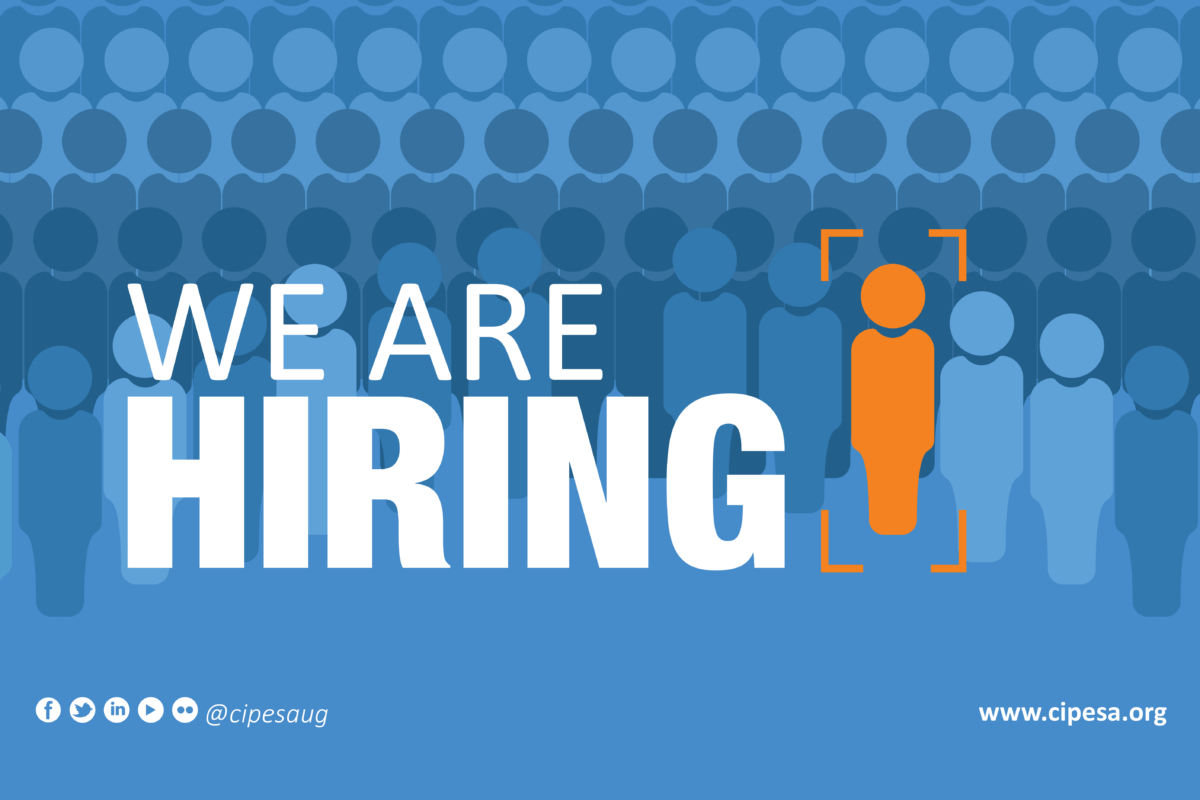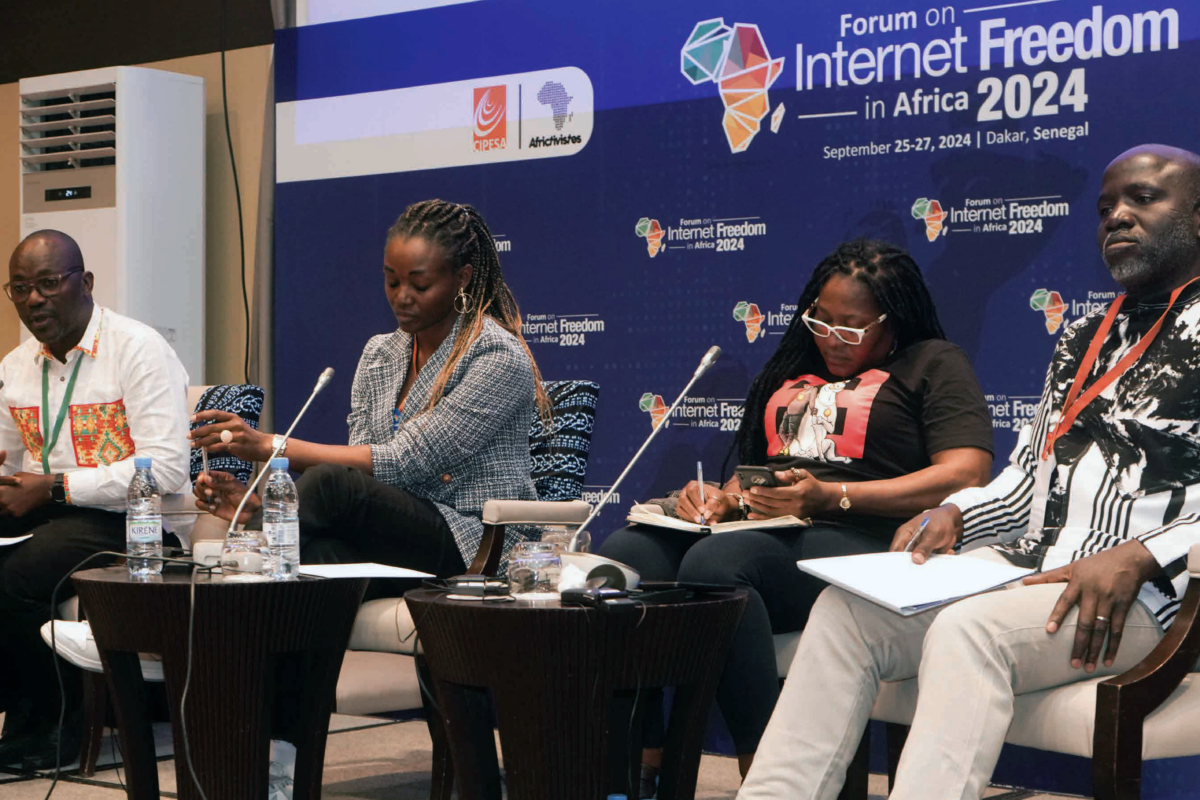By CIPESA Writer |
Meta’s recent decision to get rid of its third-party fact-checkers, starting within the United States, has sent shockwaves globally, raising significant concerns about the concept of free speech and the fight against disinformation and misinformation. The announcement was part of a raft of major policy changes announced on January 7, 2025 by Meta’s CEO Mark Zuckerberg that will affect its platforms Facebook, Instagram and Threads used by three billion people worldwide. They include the introduction of the user-generated “Community Notes” model, elimination of third-party fact-checkers, reduced content restrictions and enforcement, and enabling the personalisation of civic or political content.
While the announcement makes no reference to Africa, the changes will trickle down to the continent. Meta’s decision is particularly concerning for Africa which is unique in terms of linguistic and cultural diversity, limited digital and media information literacy, coupled with the growing challenges of hate speech and election-related disinformation, lack of context-specific content moderation policies, and inadequate investment in local fact-checking initiatives.
Africa’s content moderation context and needs are also quite different from those of Europe or North America due to the predominant use of local languages that are often overlooked by automated fact-checking algorithms and content filters.
Notably, the justifications given by Meta are quite weak, as the new changes appear to undermine its own initiatives to promote free speech, particularly the work of its third-party fact-checking program and the Oversight Board, which it set up to help resolve some of the most difficult questions around freedom of expression online and information integrity. The decision also appears to be politically and economically motivated as the company seeks to re-align itself with and appease the incoming Trump administration that has been critical against fact-checking and get assistance in pushing back against regulation of its activities outside the U.S.
The company also amended its policy on Hateful Conduct on January 7, 2025, and replaced the term “hate speech” with “hateful conduct” and eliminated previous thresholds for taking down hate content and will allow more hateful speech against specific groups. Further, whereas the company is moving its Trust and Safety and Content Moderation Teams to Texas, it is yet to set up such robust teams for Africa.
Importance of Fact-Checking
Fact-checking plays a critical role in combating disinformation and misinformation and fostering informed public discourse. By verifying the accuracy of online content, fact-checkers help to identify unauthentic content and counter the spread of false narratives that can incite violence, undermine trust in institutions, or distort democratic processes.
Additionally, it promotes accountability and reduces the virality of misleading content, particularly during sensitive periods, such as elections, political unrest, public health crises, or conflict situations, where accurate and credible information is crucial for decision-making. Moreover, fact-checking fosters media literacy by encouraging audiences to critically evaluate information sources.
Fact-checking organisations such as Politifact have criticised the assertions by the Meta CEO that fact-checkers were “too politically biased” and had “destroyed more trust than they had created, especially in the U.S.”, yet decisions and power to take down content have been squarely Meta’s responsibility, with fact-checkers only providing independent review of posts. The Meta assertions also undermine the work of independent media outlets and civil society who have been accused by authoritarian regimes of being corrupt political actors.
However, fact-checking is not without its challenges and downsides. The process can inadvertently suppress free expression, especially in contexts where the line between disinformation and legitimate dissent is blurred. In Africa, where cultural and linguistic diversity is vast, and resources for local-language moderation are limited, fact-checking algorithms or teams may misinterpret context, leading to unjust content removal or amplification of bias. Furthermore, fact-checking initiatives can become tools for censorship if not governed transparently, particularly in authoritarian settings.
Despite these challenges, the benefits of fact-checking far outweigh their challenges. Instead of getting rid of fact-checking, Meta and other big tech companies should strengthen its implementation by providing enough resources to both recruit, train and provide psycho-social services to fact-checkers.
Impact of the Decision for Africa
- Increase of Disinformation
Africa faces a distinct set of challenges that make effective content moderation and fact-checking particularly crucial. Disinformation and misinformation in Africa have had far-reaching consequences, from disrupting electoral processes and influencing the choice of candidates by unsuspecting voters to jeopardising public health. Disinformation during elections has fueled violence, while health-related misinformation during health crises, such as during the Covid-19 pandemic, endangered lives by undermining public health efforts. False claims about the virus, vaccines, or cures led to vaccine hesitancy, resistance to public health measures like mask mandates, and the proliferation of harmful treatments. This eroded trust in health institutions, slowed down pandemic response efforts, and contributed to preventable illnesses and deaths, disproportionately affecting vulnerable populations.
The absence of fact-checking exacerbates the existing challenges of context insensitivity, as automated systems and under-resourced moderation teams fail to address the nuances of African content. The introduction of the user-driven Community Notes, which is similar to the model used on X, will still require experts’ input, especially in a region where many governments are authoritarian. Yet, media and information literacy and access to credible and reliable information is limited, and Meta’s platforms are primary ways to access independent news and information.
Research on the use of Community Notes on X has shown that the model has limited effectiveness in reducing the spread of disinformation, as it “might be too slow to intervene in the early (and most viral stages of the diffusion”, which is the most critical. The move also undermines efforts by civil society and fact-checking organisations in the region who have been working tirelessly to combat the spread of harmful content online.
- Political Manipulation and Increased Malign Influence
Dialing down on moderation and oversight may empower political actors who wish to manipulate public opinion through disinformation campaigns resulting in the surge of such activities. Given that social media has been instrumental in mobilising political movements across Africa, the lack of robust content moderation and fact-checking could hinder democratic processes and amplify extremist views and propaganda. Research has shown an apparent link between disinformation and political instability in Africa.
Unchecked false narratives not only mislead voters, but also distort public discourse and diminish public trust in key governance and electoral institutions. Authoritarian regimes may also use it to undermine dissent. Moreover, the relaxation of content restrictions on sensitive and politically divisive topics like immigration and gender could open floodgates for targeted hate speech, incitement and discrimination which could exacerbate gender disinformation, ethnic and political tensions. Likewise, weak oversight may enable foreign/external actors to manipulate elections.
- Regulatory and Enforcement Gaps
The effect of Meta easing restrictions on moderation of sensitive topics and reduced oversight of content could lead to an increase of harmful content on their platforms. Already, various African countries have weak regulatory frameworks for harmful content and thus rely on companies like Meta to self-regulate effectively. Meta’s decision could spur efforts by some African governments to introduce new and more repressive laws to restrict certain types of content and hold platforms accountable for their actions. As our research has shown, such laws could be abused and employed to suppress dissent and curtail online freedoms such as expression, assembly, and association as well as access to information, creating an even more precarious environment.
- Limited Engagement with Local Actors
Meta’s decision to abandon fact-checking raises critical concerns for Africa, coming after the tech giant’s January 2023 decision to sever ties with their East African content moderation contractor, Sama, based out of Nairobi, Kenya, that was responsible for content moderation in the region. The Sama-operated hub announced its exit from content moderation services to focus on data annotation tasks, citing the prevailing economic climate as a reason for streamlining operations. Additionally, the Nairobi hub faced legal and ethical challenges, including allegations of poor working conditions, inadequate mental health support for moderators exposed to graphic content, and unfair labour practices. These issues led to lawsuits against both Sama and Meta, intensifying scrutiny of their practices.
Meanwhile, fact-checking partnerships with local organisations have played a crucial role in addressing disinformation, and their elimination erodes trust in Meta’s commitment to advancing information integrity in the region. Meta has fact-checking arrangements with various companies across 119 countries, including 26 in Africa. Some of the companies in Africa include AFP, AFP – Coverage, AFP – Hub, Africa Check, Congo Check, Dubawa, Fatabyyano فتبين, Les Observateurs de France 24 and PesaCheck. In the aftermath of Meta’s decision to sever ties with their East African third-party content moderators, Sama let go of about 200 employees.
Opportunities Amidst Challenges
While Meta’s decision to abandon fact-checking is a concerning development, it also presents an opportunity for African stakeholders to utilise regional instruments, such as the African Charter on Human and Peoples’ Rights and the Declaration of Principles on Freedom of Expression and Access to Information in Africa, to assert thought leadership and demand better practices from platforms. Engaging with Meta’s regional leadership and building coalitions with other civil society actors can amplify advocacy about the continent’s longstanding digital rights and disinformation concerns and demands for more transparency and accountability.
Due to the ongoing pushback against the recently announced changes, Meta should be more receptive to dialogue and recommendations to review and contextualise the new proposals. For Africa, Meta must address its shortcomings by urgently investing and strengthening localised content moderation in Africa. It must reinvest in fact-checking partnerships, particularly with African organisations that understand local contexts. These partnerships are essential for addressing misinformation in local languages and underserved regions.
The company must also improve its automated content moderation tools, including by developing tools that can handle African culture, languages and dialects, hire more qualified moderators with contextual knowledge, provide comprehensive training for them and expand its partnerships with local stakeholders. Moreover, the company must ensure meaningful transparency and accountability as many of its transparency and content enforcement reports lack critical information and disaggregated data about its actions in most African countries.
Lastly, both governments and civil society in Africa must invest in digital, media and information literacy which is essential to empower users to critically think about and evaluate online content. Meta should partner with local organisations to promote digital literacy initiatives and develop educational campaigns tailored to different regions and languages. This will help build resilience against misinformation and foster a more informed digital citizenry.
In conclusion, it remains to be seen how the new changes by Meta will be implemented in the U.S., and subsequently in Africa, and how the company will address the gaps left by fact-checkers and mitigate the risks and negative consequences stemming from its decision. Notably, while there is widespread acknowledgement that content moderation systems on social media platforms are broken, efforts to promote and protect rights to free expression and access to information online should be encouraged. However, these efforts should not come at the expense of user trust and safety, and information integrity.





